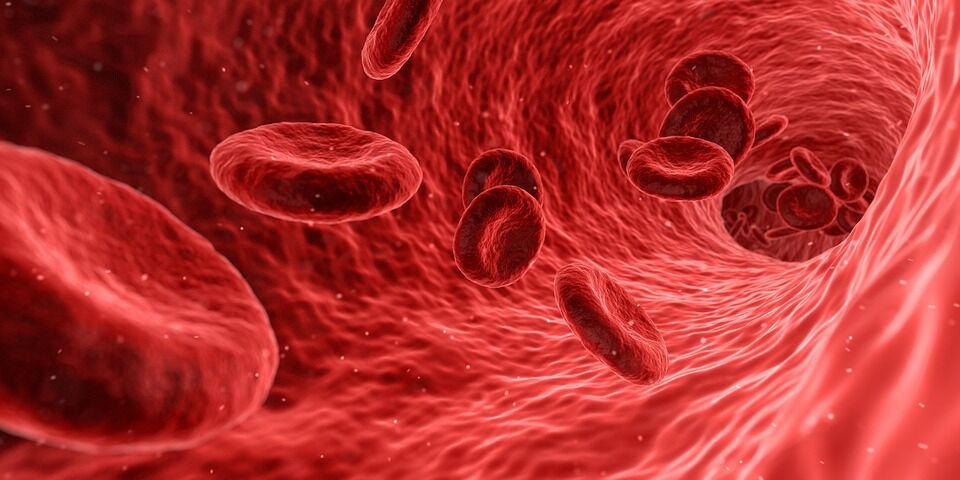
There are over 12 million new cases of cancer diagnosed each year. There are a large variety of different kinds of cancer, some of which are more preventable than others. It might seem obvious that brushing and flossing each day as well as avoiding tobacco can help protect you from oral cancer. However, there are types of oral cancer and other cancers that can be prevented through optimal oral care as well.
Dental Care and Oral Cancer
While it’s long been known that tobacco and heavy alcohol use are the main causes of oral, head, and neck cancer, poor oral health has recently been added to the list. A 2007 study published in American Journal of Epidemiology found that poor mouth health and missing teeth were strongly linked to the development of oral cancer. Likewise, patients with healthy smiles were found to be far less likely to develop oral cancer. If you have been diagnosed with oral cancer, know that common oral health problems such as gum disease and tooth decay could be making the condition worse. Visiting our dental office regularly for professional cleanings, examinations, and oral cancer screenings to help catch signs of oral cancer early and make treatment easier and more effective.
Oral Health and Other Cancers
Poor oral health has been shown to be tied to other types of cancers outside of the mouth. For example, a recent study conducted by NYU Langone Health’s Perlmutter Cancer Center found that certain types of bacteria in patients with gum disease was tied to a higher risk of developing esophageal cancer. While esophageal cancer only accounts for 1% of new cancer cases diagnosed annually, over 90% of patients will die of the disease. Untreated gum disease opens up the tissues around the teeth to bacterial infection, allowing these harmful bacteria to enter the bloodstream and infect other parts of the patient’s body. Maintaining optimal oral health can help protect you from this threat.
Your oral health effects much more than just your mouth. If you’re not taking care of your teeth, tongue, and gums, you could significantly increase your risk of developing cancer without even realizing it. If you’d like to learn more about the connection between oral health and cancer, contact our dental team to schedule an examination and cleaning today!














